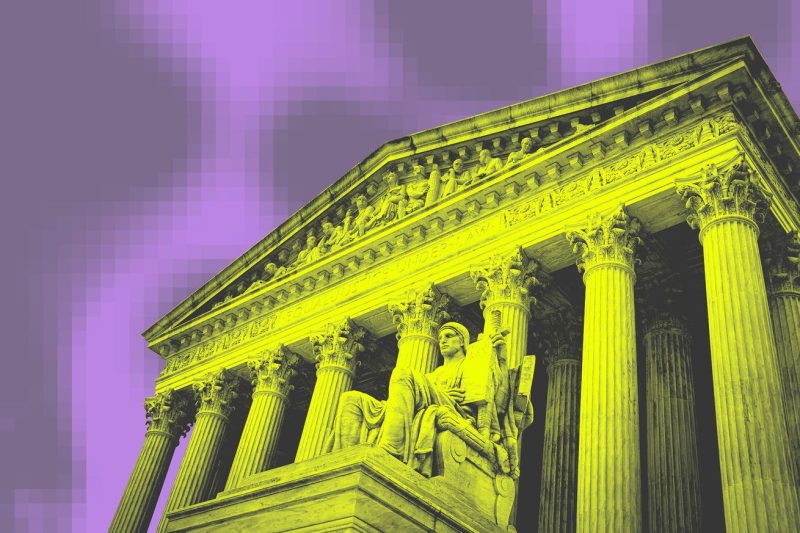In a landmark move that could shape the future accessibility of broadband services for low-income households across America, the Supreme Court is poised to weigh in on a critical case concerning the fate of the Low-Income Broadband Fund. The outcome of this case could have far-reaching implications affecting millions of individuals and families who rely on affordable internet access for education, employment, healthcare, and staying connected with the digital world.
The Low-Income Broadband Fund was established with the goal of bridging the digital divide by providing subsidized broadband services to low-income households. This initiative has played a vital role in empowering underserved communities with access to essential online resources and opportunities that are increasingly integral to everyday life.
At the heart of the legal dispute lies the question of whether the government can continue to support the Low-Income Broadband Fund through public funds, or if such assistance should be deemed unconstitutional under specific legal frameworks. Advocates for the fund argue that affordable internet access is a fundamental necessity in today’s society, enabling individuals to access critical services, educational resources, job opportunities, and social connections.
Conversely, opponents of the fund raise concerns about the constitutionality of government involvement in subsidizing broadband access for low-income households. They argue that such support may carry implications that extend beyond the intended scope of government responsibility and potentially infringe on individual rights.
The Supreme Court’s decision in this case holds substantial significance, as it will shape the direction of policies aimed at addressing digital inequality and ensuring equitable access to online services. The outcome will not only impact the immediate future of the Low-Income Broadband Fund but will also set a precedent for how similar initiatives are managed and supported in the years to come.
As the legal proceedings unfold, stakeholders from various sectors, including government agencies, advocacy groups, telecommunications providers, and community organizations, closely monitor the case’s progression. The eventual ruling will serve as a litmus test for the nation’s commitment to narrowing the digital divide and promoting equal opportunities for all individuals, regardless of their socioeconomic status.
The Supreme Court’s deliberation on the fate of America’s Low-Income Broadband Fund underscores the critical importance of affordable internet access as a cornerstone of modern society. As the nation grapples with the ever-evolving challenges of digital inclusion, the court’s decision will shape the landscape of broadband accessibility and equity, paving the way for a more connected and inclusive future for all Americans, particularly those in underserved communities who stand to benefit most from affordable internet access.






























